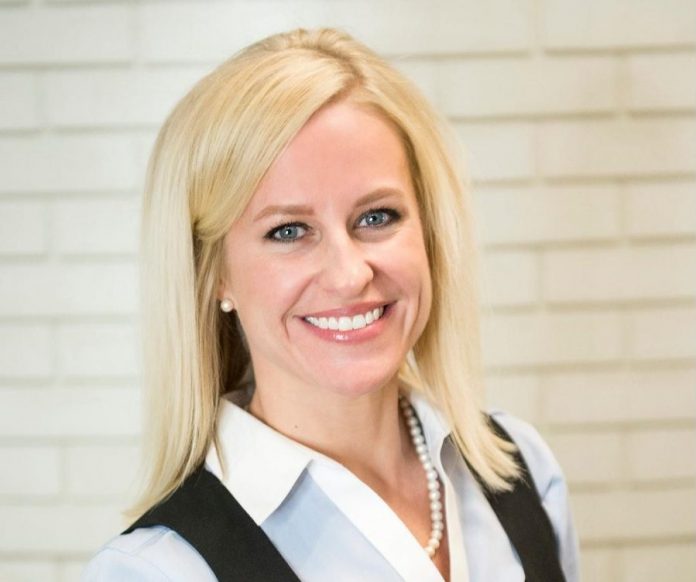
We appear to be living in an age of deadly pathogens that are more infectious than anything science has encountered in generations.
When faced with such a pandemic, people will react in a variety of ways to deal with it. Most will agree with state guidelines to quarantine themselves and wash their hands often, use liquid sanitizers and wear masks covering the nose and mouth. Although some will rebel at such restrictive measures, if they are responsible citizens they will comply, if only to protect others.
Meanwhile, in the scientific community there are industrious specialists in the field who are confronting the war on germs with innovative products and services. One of the soldiers in that war is Dr. Emily Hunt, a faculty member and researcher at West Texas A&M University.
Dr. Hunt joined the College of Engineering in 2005. She received B.S., M.S., and Ph.D. degrees in mechanical engineering from Texas Tech University in 2001, 2002 and 2005, respectively. In 2009, Dr. Hunt developed an idea to protect soldiers and civilians from biological weapons of mass destruction such as anthrax. She was awarded funding from the National Science Foundation and the United States Department of Defense to pursue antimicrobial research. She performed the basic science necessary to transform the idea into a working prototype which was subsequently adopted by the U.S. Department of Defense for use in military breathing masks. A research team was then formed to leverage this expertise in the field of antimicrobials to create simple, safe, and effective solutions that protect people and assets from the dangers of microbial contamination.
Their latest innovation is Copper Clean Antimicrobial Surface Patches, which is being supplied to businesses and institutions throughout the world to protect high-touch surfaces from harmful pathogens. Dr. Hunt, President of Copper Clean, granted a remote interview from her Canyon, Texas office to explain how the patches work. For more info about the company: www.copperclean.com












.jpg)

